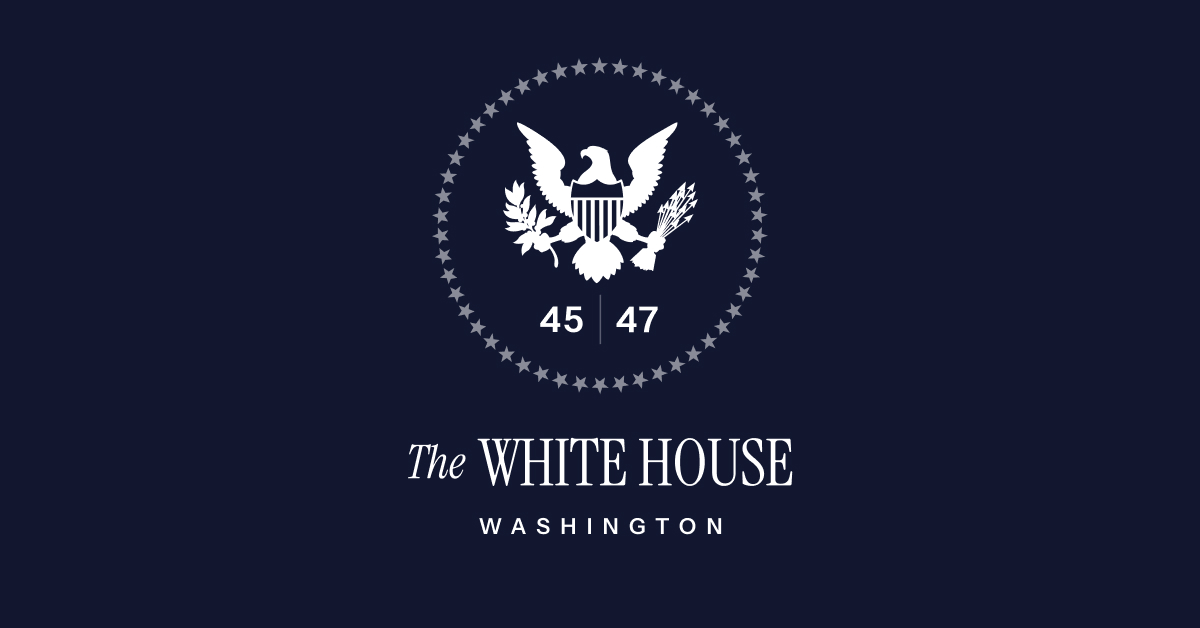Its been a rollercoaster this weekend since the announcement on Friday. Some thoughts after having delved into the issue:
-there has definitely been some abuse with H1B visas with low level programmers. I'd like to see better numbers, but I could see how that might suppress entry level jobs and wages for domestic workers in the field. Seems to be a cluster of IT companies (TATA comes to mind ) that has exploited the system by bringing in a high amount of Indian programmers and paying them relatively low salaries.
-Not all H1B visas follow that pattern, however, not even all of those from India. I saw a great graph, but can't seem to find it: it had % of Indian H1B visas on the vertical axis and H1B visas with advanced degrees on the horizontal axis and then showed companies with a bubble chart (bigger the circle, the more hires). The chart clearly showed two clusters: 1) Companies with high % of Indian H1Bs, but a low amount of advanced degrees (a lot of IT consulting subcontracting firms like TATA and Wipro had pretty large circles). There was another cluster of companies with low % of Indians (lower than 30%) and a high amount of advanced degrees. In that cluster you had companies like Google, Apple, Amazon and other traditional tech. Feels like the abuse is coming from the previous group rather than the latter.
-Per usual, they never go after the abusing enterprise, but rather the individual. If companies are hiring scores of below-market programmers, or rigging the H1B system with spotty credentials, go after the abusers, don't nuke the entre system.
-Even after the clarifications that came out on Sunday (which feels like backtracking), there seems to be some unintended consequences they have not thought through. First, big tech firms will just shell out the money if they have to, raising a competitive moat around their talent. Startups on the other hand will get fucked. Much harder for them to spend that type of resources, even when they're incredible lean. And there's a fair amount of foreign born talent involved in startups, both currently and historically. That will have an impact on innovation in the US.
-This will provide an incentive for work to be done elsewhere. Cheap programmers will just stay in other countries and code there. Talented individuals can be drawn out to other places (Singapore, Canada, UK/Europe). I could see some of those tech firms deciding that instead of paying the big bucks for those fees, they will redeploy the talent to other places
-25% of foreign born doctors are in the US on H1B visas, with a good amount of those in rural areas (one of the condition of your visa). I don't see hospitals paying those fees. I'm guessing we will eventually see an exemption for the health care industry...but again, why drop the nuke.
-There were some clarifications made today that this will only apply to new applicants from overseas, not to rentals or international students applying over from their student visa/OPT (my son is in that bucket...he was freaking out). But of course that can change on a whim any day, particularly given Trump's war on universities. Really hard to make career decisions in such an uncertain environment.
-Whatever happened to the core value of attracting the world's best talent? Beyond the abuses, which I agree need to be fixed. There was a principle in US immigration policy to bring the best and the brightest. So now we're curbing legal immigration too, and not just legal but the cream of the crop. Just another step in nativism.
-Finally, giving the administration the power to carve out exceptions at their sole discretion in such a subjective way is terribly policy.

 www.whitehouse.gov
www.whitehouse.gov

 www.reuters.com
www.reuters.com


